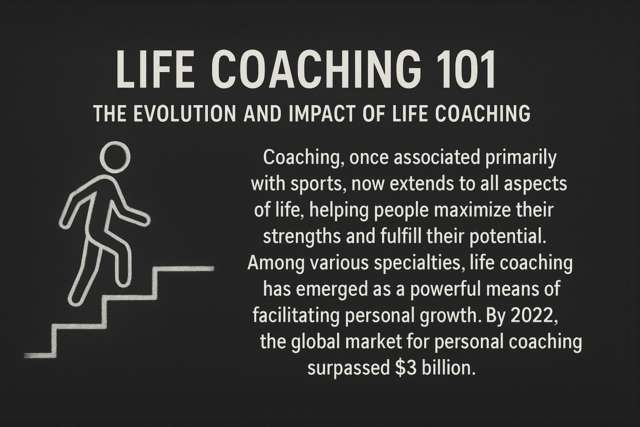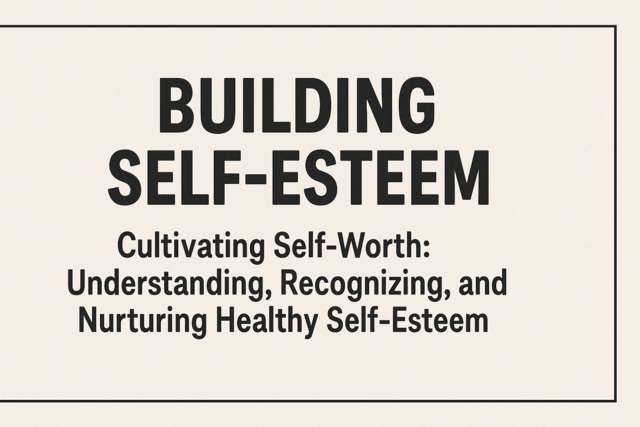There are many things we can do to reduce our feelings of discomfort about ourselves. Affirmations and visualization helps us work at the core of our thinking and attitudes. However, there are many factors that contribute to negative thinking that can be fixed with a little effort and conscientiousness.
Sometimes just taking constructive steps, putting one foot in front of the other, and fixing the physical things that can be fixed are just as critical as fixing our thinking.
This article is somewhat personal but equally important in our quest for stronger self-confidence.
* * *
In this exercise, you will take an assessment of your physical appearance. Even if you think this is an area that does not apply to you, do the exercise. You may discover that you need some improvements. There are those who think that being more natural is a better way to live, and that is probably true if one lives in the woods or out in nature. Who needs soap and clean clothing when you are alone in the mountains? However, if you go to a workplace or school every day, the opposite is true.
Sometimes a lack of confidence prevents us from looking at ourselves objectively and clearly. Feelings of low self-esteem may lead us to make inadequate choices regarding clothing and personal grooming. Sloppy or careless hygiene reinforces a message to our own subconscious minds that we are not worth the time or effort to groom and care for our bodies.
It is a well-researched and documented fact that people who look neat and well-organized are treated differently by others. Being sloppy, unkempt, or careless about our appearance signals to others that we are defeated, that we do not care for ourselves. It indicates a sense of disrespect. Sensing this, other people tend to ignore us, treat us with disdain, devalue our opinions or, even worse, pick on us. What is the effect of that on already low self-esteem? It sets off our triggers and sends us further downward. In addition, if we know we have made a conscientious effort to be clean and put-together, we automatically feel more confident. Revisit the exercise above weekly, and make improvements where necessary. Observe what it does for your confidence.
Comfort is important to our self-esteem, as well. With respect to clothing, finding a place where comfort and neatness intersect is worth taking a bit of time. If you are wearing uncomfortable shoes, your pants are too tight, or your underwear is ill-fitting, do yourself the favor of revamping your wardrobe with the goal of comfort in mind. Style and personal expression are important, but even more important are hygiene and comfort.
Cognitive dissonance: This rather fancy psychologist's word refers to a very fascinating concept. It means, in a very basic way, the discomfort we feel when our basic values conflict with our actions.
Try to grasp the enormity of this idea. When you have a deep-seated belief, but your related actions are out of sync with that belief, it makes you psychologically uncomfortable.
Let's apply this idea to the psychological discomfort of low self-confidence. How might you be acting that is in opposition to your core values or beliefs? Here are some possible examples:
1. You are doing a job that you do not believe in.
2. You hide your true political beliefs to please someone else.
3. You are conducting your life in a way that you know is destructive or bad.
4. You are not recycling, even though you believe in a green lifestyle.
5. You are in a loveless marriage.
6. You support your boss, whose dealings are immoral.
7. You compromise your health, knowing the consequences.
8. You are selling a product you know is not adequate.
These are just a few examples; you can probably think of examples in your own life that are causing you cognitive dissonance.
You may know someone who goes out on weeknights with his buddies while his wife and children are home alone. He may hold strong values surrounding home and family, but he is acting in conflict with those values because of peer pressure, addiction, or whatever else might be influencing him. You can bet that this guy is suffering from a real lack of self-confidence.
In this article, you may notice the suggestion that behaviors can change the brain. This might seem backward to you, but it is true: Sometimes action comes before feeling.
The discomfort that results from not being true to yourself and your core beliefs is that you never feel quite genuine, and you may suffer from some unidentifiable sense of guilt or shame. Guilt and shame, in particular, are powerfully negative forces that unconsciously intrude on your confidence every waking hour. The two scenarios have the same effect: When you practice something that does not resonate with your sense of goodness, shame erodes your confidence.
A typical result of feeling this discomfort is to rationalize your conflicting behavior by trying to adopt a new way of thinking or a new belief.
Remember: As little children we know we are perfect and have no reason to think otherwise until someone makes us doubt ourselves. That original innocence and self-love still lies dormant somewhere in all of us.
When you try to justify a behavior that you know in your deepest heart does not match up with the amazing person you truly are, you are going to suffer because rationalizing and justifying just push you further away from what is true for you.
Take stock of your daily life and activities. What are you doing, saying, thinking, or practicing that is incompatible with who you really are?
Exercise: In your journal, leaving lots of space in between, list on the left side of a new page what your normal, daily activities are, down to the smallest detail you can think of.
To the right of each entry, note whether this action is constructive and pleasing to you, or if it runs deeply contrary to a feeling or belief that you hold. Next to each entry, insert a plus or minus. Save room in a third column to craft a succinct affirmation for each "minus" to engrave a new, healthier track into your brain regarding this inner conflict.
If changing something you are doing means moving, quitting a job, getting a divorce, or breaking an addiction, now is the time to start the process of retraining your brain with affirmations that impart strength and courage, confidence and determination. You do not need to know the outcome at this time; you only need to set yourself on a path to truth and compatibility with yourself.
Sample Affirmation: I am free now of any desire for harmful substances, and remain so for life. My health is vibrant. My thoughts about myself and my life are positive and happy. I am sincerely grateful for everything in my life. I learn more every day about myself. I am calm, serene, and content with who I am, and I act only in life-affirming ways.
Sample Affirmation: I am now fully clear and lucid about what is true for me. My decisions, choices, and actions coincide with my values and beliefs. My decisions now lead to positive and constructive changes in my life. I am grateful for the strength, knowledge, and courage to make the right choices for me.
Sample Affirmation: I know I was born thoroughly good, I was good as a child, and I am good as an adult. That never has changed. I am now enlightened and my path is clear. I am fully attuned to my true self.





























